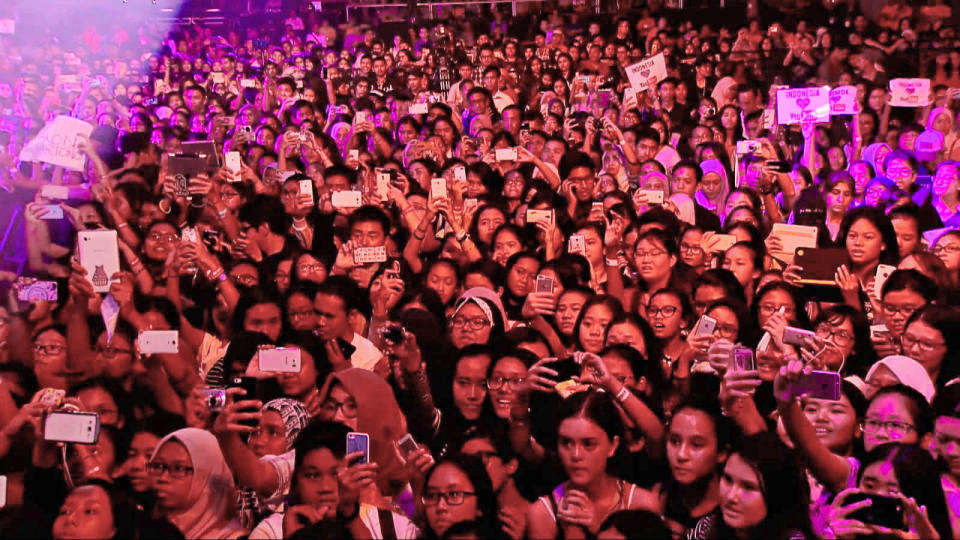Google expands its offline YouTube Go app to Indonesia
The world's fourth most populous country could help Google grab the "next billion."
Google is rolling out a flurry of products in Indonesia. Chief among the new additions are YouTube Go and Google Assistant. The announcements (made at its second annual Google for Indonesia event) tie into the web giant's plan to get its apps to the "next billion" internet users. Until now, this strategy has mainly focused on India. But, it seemed inevitable that Google would expand its reach to more emerging (mobile-first) countries.
To refresh your memory, the beta version of YouTube Go launched in India in April. It essentially adds some clever compression tech to Google's popular service, making it easier to watch videos with poor connectivity. Users can save videos to watch offline, check the data demands for clips, and even share them over Bluetooth.
Google Assistant is also receiving a bunch of country-centric updates for Indonesia, via the Allo chat app. Users can now ask questions and get answers from the virtual assistant in Bahasa Indonesia. Similarly, the country will also be one of the first to get locally-tailored answers to questions about health on Google Search. These too will be in Bahasa. Additional features include tappable shortcuts on the Search mobile app, for topics like food and drink, movie showtimes, and directions.

Waze is getting a few nifty updates too. The app is adding a new routing feature, hands-free Bahasa voice commands, and navigation with street names. Users will also be able to record and use their own voice for directions. Oddly, there was no mention of Android Go: A special configuration of Android Oreo, designed to run on low-end smartphones. The OS highlights Google's apps aimed at bilingual users in underserved markets.
To ensure all these services won't go ignored, Google is committing to bolster Indonesia's online infrastructure. The Google Station initiative will work with local ISPs to install hundreds of Wi-FI hotspots in Java and Bali. Google also took the event to announce a number of training and humanitarian programs. You can get the low-down on all its updates via its blog.





